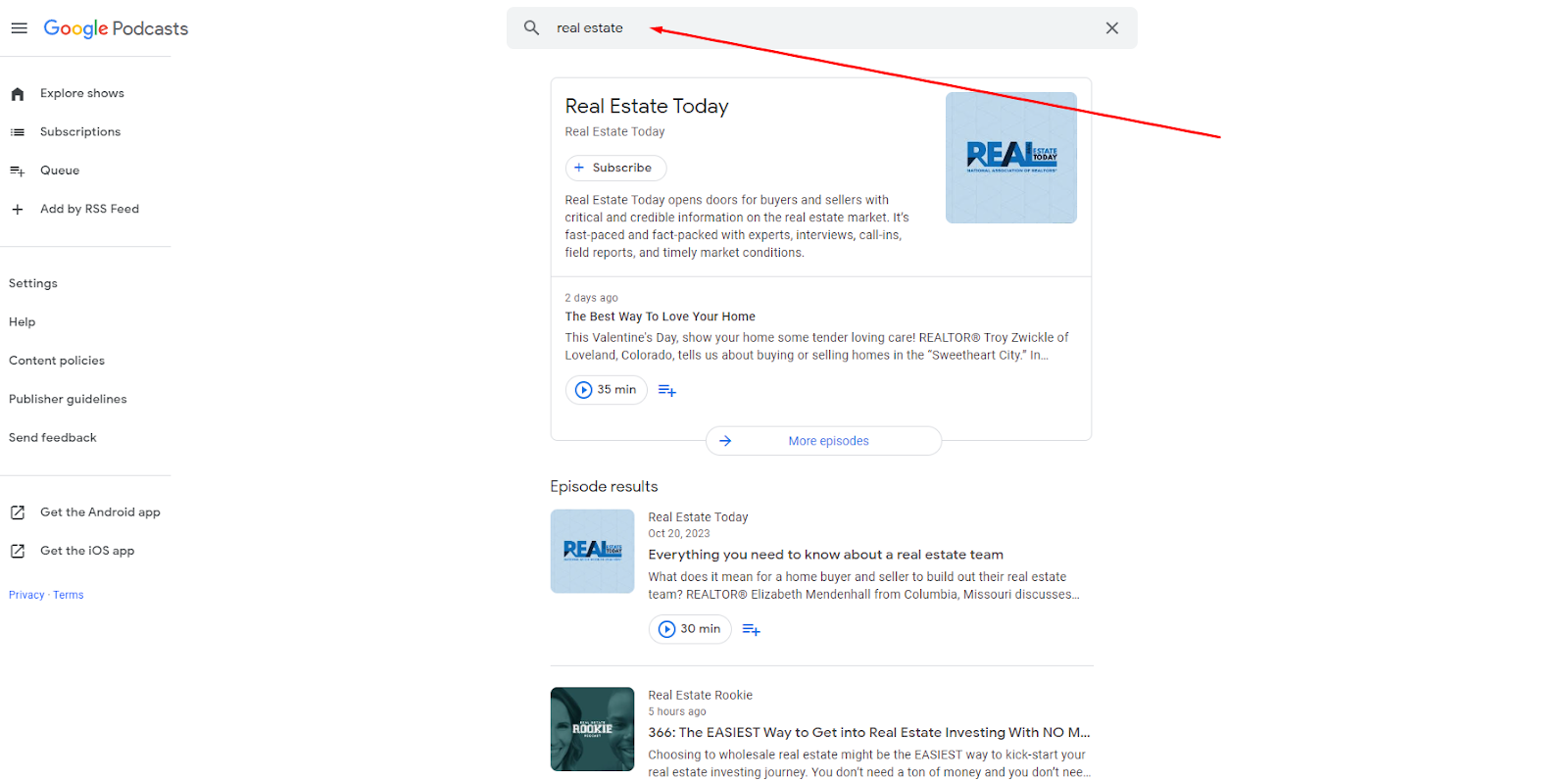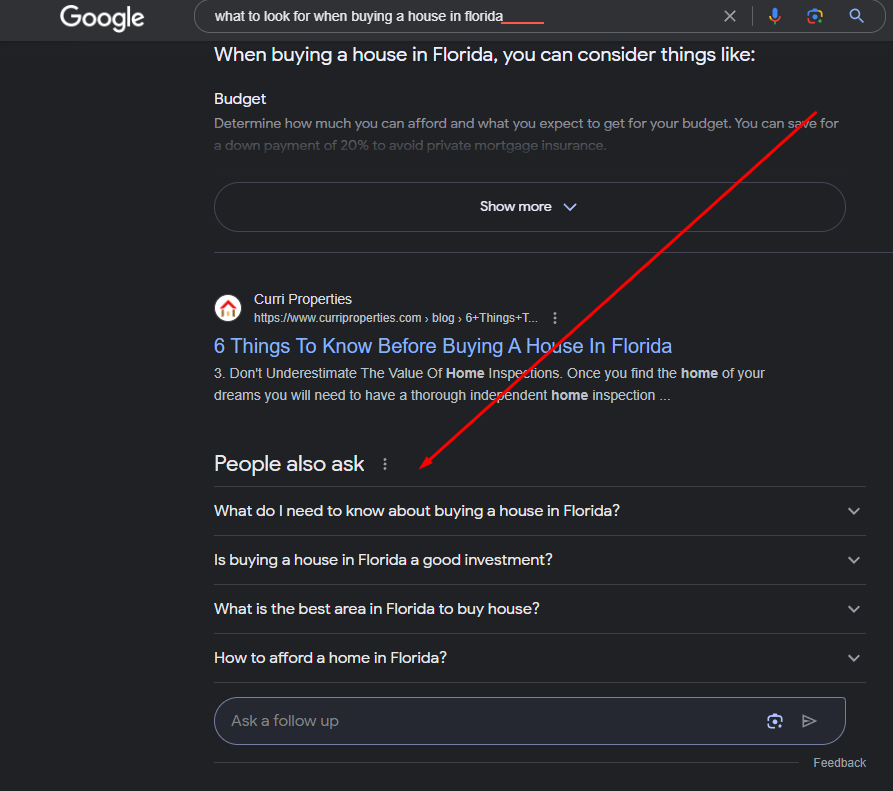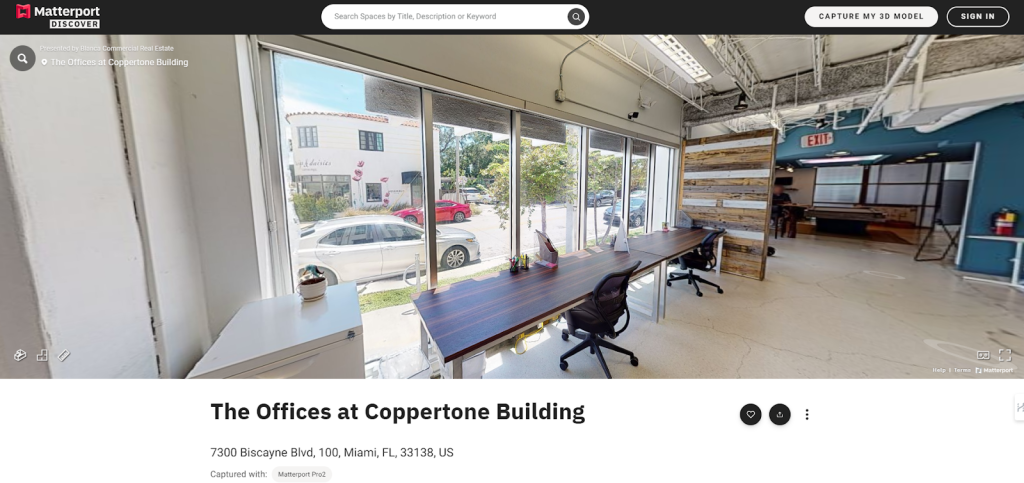In the competitive world of real estate, standing out online is crucial. SEO (Search Engine Optimization) is a powerful tool to increase your visibility and drive traffic to your listings. Here are five unique, actionable SEO strategies tailored for real estate professionals.
Leveraging Podcast Guesting for Backlinks and Authority Building
Step-by-Step Guide:
- Identify Relevant Podcasts: Search for podcasts in the real estate sector or related niches like home improvement and investment.
- Pitch Your Story: Reach out to hosts with a compelling pitch on why you’d be a great guest and how your expertise can add value to their audience.
- Prepare Valuable Insights: Focus on providing unique insights about the real estate market, buyer/seller tips, or investment advice.
- Mention Your Listings: Naturally incorporate mentions of your listings or services during the conversation.
- Ask for a Backlink: Post-interview, request the host to include a link to your website or specific real estate listing in the show notes.

Utilizing Google’s “People Also Ask” for Content Gap Analysis
Step-by-Step Guide:
- Perform Keyword Research: Use keywords related to your listings, like “homes for sale in [Area]” and observe the “People Also Ask” (PAA) section.
- Analyze Questions: Identify common questions potential buyers are asking about real estate in your area.
- Create Content: Develop blog posts or listing descriptions that directly answer these questions.
- Optimize for SEO: Use the exact questions as headings and provide detailed, helpful answers.
- Monitor Performance: Keep an eye on your content’s performance and adjust based on what ranks well in the PAA section.
Examples:
- Write a blog post titled “What to Look for When Buying a Home in [Area]” answering PAA questions.
- Update listing descriptions to include answers to PAA questions like “Are there good schools in [Area]?”

Applying Behavioral SEO with User Engagement Signals
Step-by-Step Guide:
- Improve Website UX: Ensure your real estate website is user-friendly, fast, and mobile-responsive.
- Engage Your Audience: Incorporate interactive elements like virtual tours and mortgage calculators.
- Use Engaging Content: Create compelling, high-quality images and videos of your listings.
- Encourage Actions: Add clear CTAs encouraging users to contact you, schedule viewings, or leave comments.
- Analyze and Adjust: Use tools like Google Analytics to track user behavior and adjust your strategies accordingly.
Examples:
- Add a 360-degree virtual tour for each listing to increase time spent on page.
- Include a comment section for questions on each listing to boost engagement.

Implementing Content Decay Revitalization Strategies
Step-by-Step Guide:
- Audit Existing Content: Regularly review your listings and blog posts to identify outdated information.
- Update Regularly: Refresh old listings with new photos, updated descriptions, and current market data.
- Repurpose Content: Turn an old blog post into an updated infographic or video highlighting current real estate trends.
- Promote Updated Content: Share revitalized content on your social media channels and email newsletters.
- Track Results: Monitor traffic before and after updates to gauge the impact of your revitalization efforts.
Examples:
- Update a 2019 market analysis post with fresh data and trends for the current year.
- Refresh listing photos and descriptions seasonally to reflect current appeal.
Exploiting Competitor Brand Mentions without Links
Step-by-Step Guide:
- Monitor Mentions: Use tools like Mention or Google Alerts to track when competitors are mentioned online without a backlink.
- Identify Opportunities: Look for high-quality sites or forums where your competitors are mentioned.
- Create Superior Content: Develop content that provides more value or insight than what’s being discussed in the mention.
- Reach Out: Contact the site owner or forum moderator, offering your content as a more valuable resource to link to.
- Provide Easy Access: Make it easy for them to link to your content by providing concise, compelling descriptions and direct URLs.
Examples:
- If a local news site mentions a competitor in an article about market trends, offer an in-depth guide on the topic for them to link to instead.
- Engage in forum discussions where competitors are mentioned, providing insightful comments and linking back to your content.










